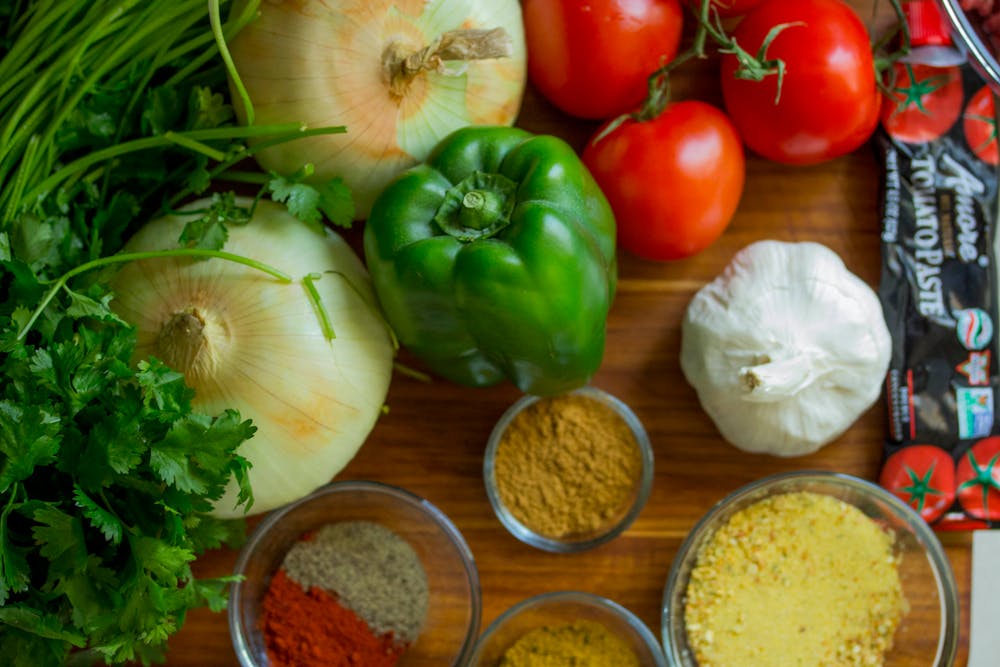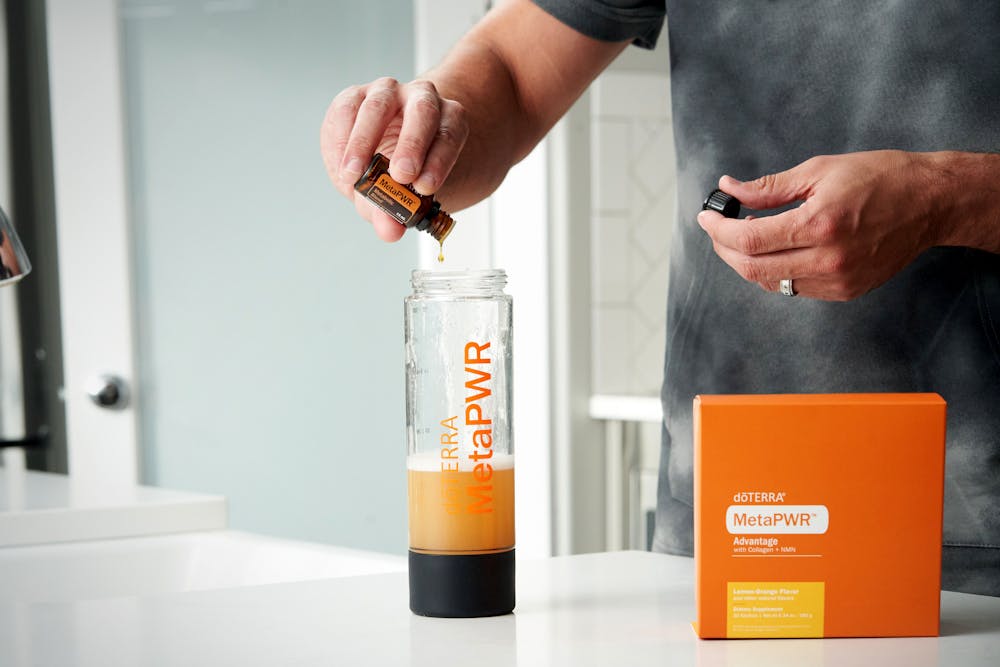As I delve into the intricacies of maintaining optimal health, I’ve discovered the critical role that prebiotics and probiotics play in supporting gut health—a cornerstone of overall well-being. The symbiotic relationship between these two components fosters a harmonious environment within the gut, promoting digestion, immune function, and even mental health. Let me delve deeper into the significance of prebiotics and probiotics for gut health:
 **Understanding Prebiotics:**
**Understanding Prebiotics:**
 Prebiotics are non-digestible fibers found in certain foods that serve as nourishment for the beneficial bacteria residing in our gut, known as probiotics. These indigestible fibers pass through the digestive tract intact and reach the colon, where they ferment and stimulate the growth and activity of probiotic bacteria. Examples of prebiotic-rich foods include:
Prebiotics are non-digestible fibers found in certain foods that serve as nourishment for the beneficial bacteria residing in our gut, known as probiotics. These indigestible fibers pass through the digestive tract intact and reach the colon, where they ferment and stimulate the growth and activity of probiotic bacteria. Examples of prebiotic-rich foods include:
 1. **Fruits:** Bananas, apples, berries, and citrus fruits contain soluble fibers like pectin, which act as prebiotics and support gut health.
1. **Fruits:** Bananas, apples, berries, and citrus fruits contain soluble fibers like pectin, which act as prebiotics and support gut health.
2. **Vegetables:** Garlic, onions, leeks, asparagus, and artichokes are rich sources of inulin, a type of prebiotic fiber that feeds probiotic bacteria.
3. **Whole Grains:** Oats, barley, and wheat contain resistant starches that function as prebiotics and promote the growth of beneficial bacteria in the gut.
 **Exploring Probiotics:**
**Exploring Probiotics:**
 Probiotics are live microorganisms, primarily beneficial strains of bacteria and yeast, that confer health benefits when consumed in adequate amounts. These friendly bacteria colonize the gut and help maintain a balanced microbiome, supporting digestion, nutrient absorption, and immune function. Probiotics can be found in:
Probiotics are live microorganisms, primarily beneficial strains of bacteria and yeast, that confer health benefits when consumed in adequate amounts. These friendly bacteria colonize the gut and help maintain a balanced microbiome, supporting digestion, nutrient absorption, and immune function. Probiotics can be found in:
 1. **Fermented Foods:** Yogurt, kefir, sauerkraut, kimchi, miso, and tempeh are fermented foods that naturally contain probiotic bacteria.
1. **Fermented Foods:** Yogurt, kefir, sauerkraut, kimchi, miso, and tempeh are fermented foods that naturally contain probiotic bacteria.
2. **Supplements:** Probiotic supplements are available in various forms, including capsules, powders, and liquids, and contain specific strains of beneficial bacteria that support gut health.
 **The Gut-Brain Connection:**
**The Gut-Brain Connection:**
 The gut microbiome plays a crucial role in the gut-brain axis, a bidirectional communication system between the gastrointestinal tract and the central nervous system. Emerging research suggests that a healthy gut microbiome, supported by prebiotics and probiotics, may contribute to mental well-being and cognitive function. By nurturing gut health, we may also positively impact mood, stress resilience, and overall mental health.
The gut microbiome plays a crucial role in the gut-brain axis, a bidirectional communication system between the gastrointestinal tract and the central nervous system. Emerging research suggests that a healthy gut microbiome, supported by prebiotics and probiotics, may contribute to mental well-being and cognitive function. By nurturing gut health, we may also positively impact mood, stress resilience, and overall mental health.
 **Supporting Immune Function:**
**Supporting Immune Function:**
 A significant portion of the body’s immune system resides in the gut, making gut health essential for optimal immune function. Prebiotics and probiotics help maintain a balanced gut microbiome, which in turn supports the body’s ability to defend against pathogens and regulate inflammation. By promoting a healthy gut environment, we strengthen our immune defenses and enhance resilience to infections and diseases.
A significant portion of the body’s immune system resides in the gut, making gut health essential for optimal immune function. Prebiotics and probiotics help maintain a balanced gut microbiome, which in turn supports the body’s ability to defend against pathogens and regulate inflammation. By promoting a healthy gut environment, we strengthen our immune defenses and enhance resilience to infections and diseases.
 In conclusion, prebiotics and probiotics are integral components of a healthy diet and lifestyle, supporting gut health and overall well-being. By incorporating prebiotic-rich foods and probiotic sources into our diet, we can nurture the diverse ecosystem of microorganisms within our gut and reap the benefits of improved digestion, enhanced immunity, and possibly even better mental health. As I continue to prioritize gut health in my own life, I’m inspired by the profound impact that prebiotics and probiotics can have on our vitality and longevity.
In conclusion, prebiotics and probiotics are integral components of a healthy diet and lifestyle, supporting gut health and overall well-being. By incorporating prebiotic-rich foods and probiotic sources into our diet, we can nurture the diverse ecosystem of microorganisms within our gut and reap the benefits of improved digestion, enhanced immunity, and possibly even better mental health. As I continue to prioritize gut health in my own life, I’m inspired by the profound impact that prebiotics and probiotics can have on our vitality and longevity.



